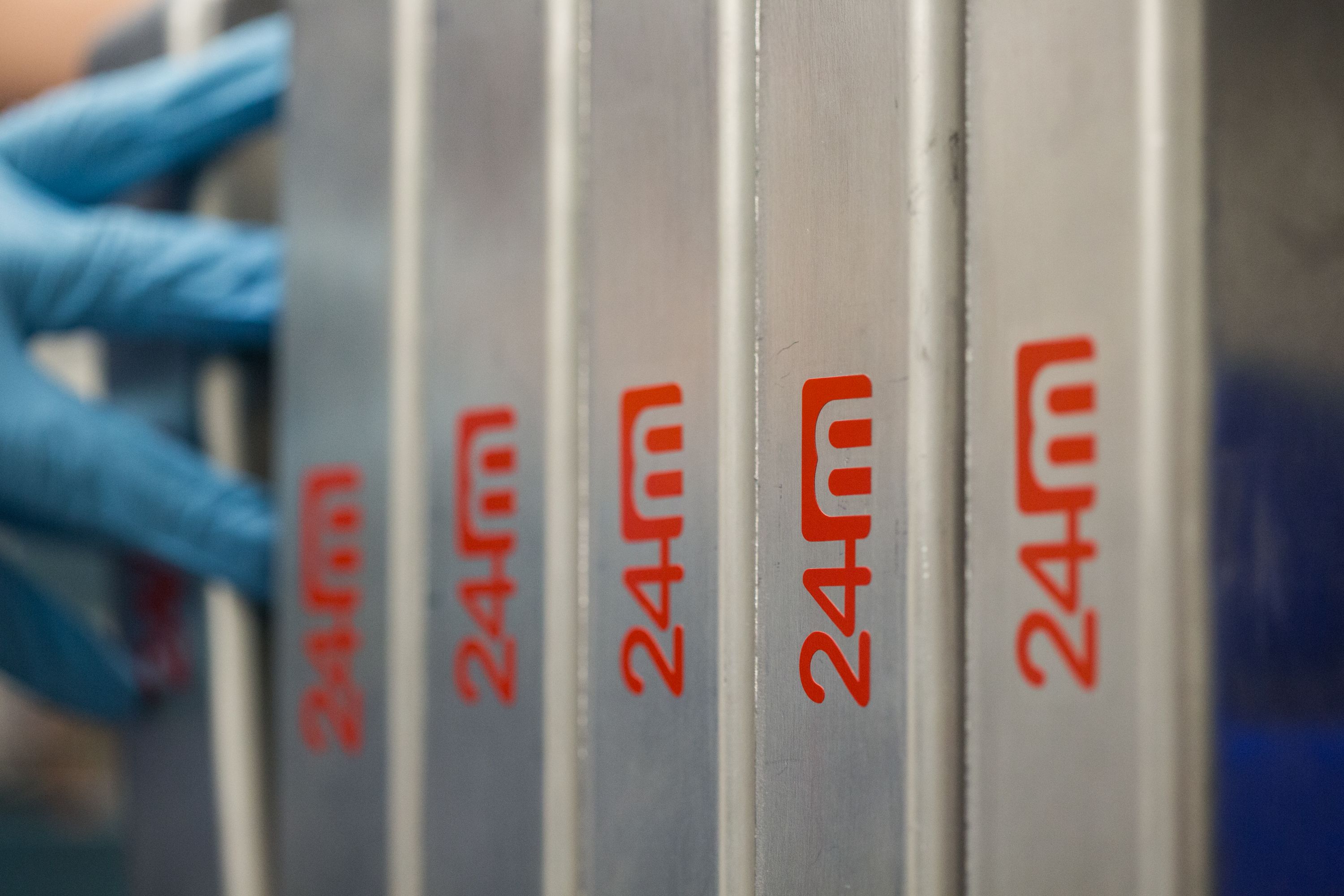Elon Musk said SpaceX is building a “test hopper” spaceship in Texas that could launch by March or April. The vehicle may help the company reach Mars.
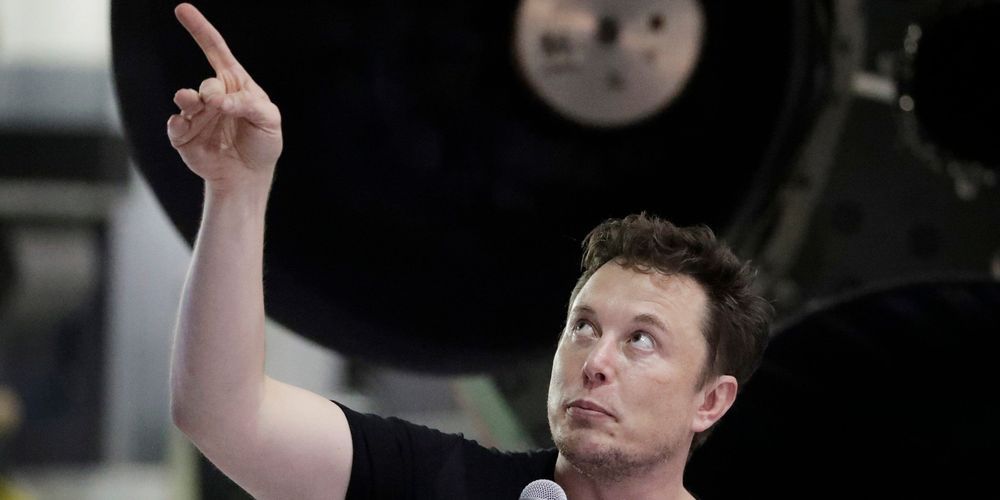



An international team of scientists has published a new study which describes how the Hubble Space Telescope can be used to ‘see’ dark matter.
An international team of scientists believe that they have finally found a way to “see” dark matter, which is an invisible and elusive substance that makes up 85 percent of the matter in the universe.
As the Daily Mail has reported, in a new study, astronomers hailing from Spain and Australia have written that by using data collected from the Hubble Space Telescope, astronomers may be able to use starlight from faraway galaxy clusters so that they can spot dark matter and eventually map this mysterious substance.
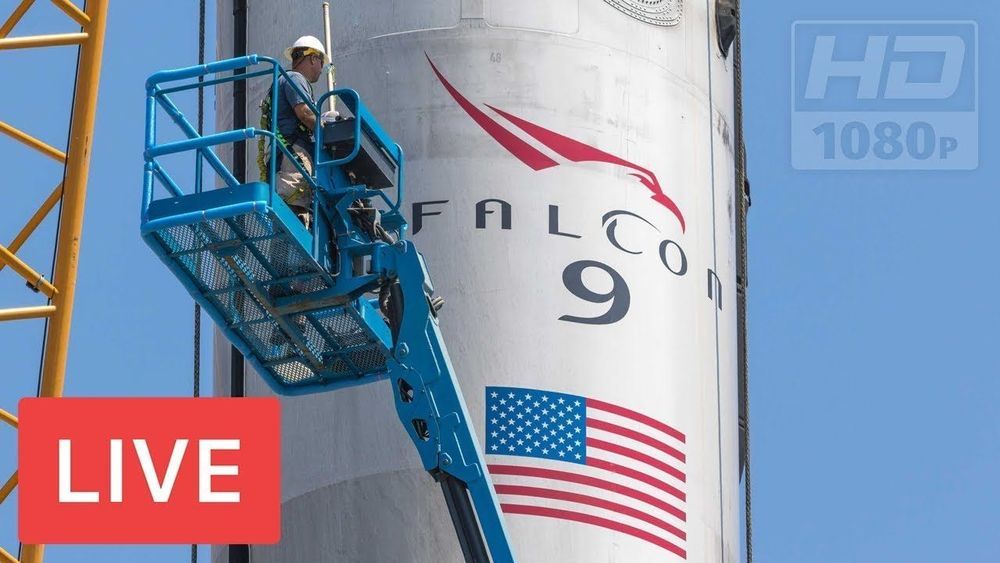
For its 2018 finale, A SpaceX Falcon 9 rocket will launch the U.S. Air Force’s first third-generation navigation satellite for the Global Positioning System (GPS 3–01) from Cape Canaveral Air Force Station in Florida.
Liftoff window begins at 8:51 a.m. EST (1351 GMT).
▰ Get Live Alerts: (Rocket Launches & Webcasts)
https://goo.gl/9RFfhT
▰ Upcoming launch events:
https://goo.gl/JV4PrD
On Tuesday morning SpaceX will attempt to launch what the company and the Air Force are calling an “historic” mission from Cape Canaveral.
The launch will be SpaceX’s first of a national security mission, carrying the first in a new generation of satellites modernizing the Global Positioning System.

Why do many problems in life seem to stubbornly stick around, no matter how hard people work to fix them? It turns out that a quirk in the way human brains process information means that when something becomes rare, we sometimes see it in more places than ever.
Think of a “neighborhood watch” made up of volunteers who call the police when they see anything suspicious. Imagine a new volunteer who joins the watch to help lower crime in the area. When they first start volunteering, they raise the alarm when they see signs of serious crimes, like assault or burglary.
Let’s assume these efforts help and, over time, assaults and burglaries become rarer in the neighborhood. What would the volunteer do next? One possibility is that they would relax and stop calling the police. After all, the serious crimes they used to worry about are a thing of the past.

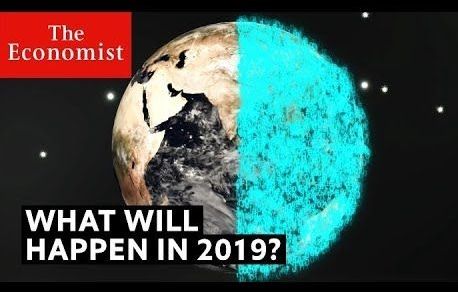
https://www.youtube.com/watch?v=Nkyql8ZyPL4
From groundbreaking moon missions to growth in the legal-cannabis market, 2019 will be year of new highs. Here’s what to watch out for in the year ahead.
Click here to subscribe to The Economist on YouTube: https://econ.st/2xvTKdy
For more from Economist Films visit: http://films.economist.com/
Check out The Economist’s full video catalogue: http://econ.st/20IehQk
Like The Economist on Facebook: https://www.facebook.com/TheEconomist/
Follow The Economist on Twitter: https://twitter.com/theeconomist
Follow us on Instagram: https://www.instagram.com/theeconomist/
Follow us on Medium: https://medium.com/@the_economist
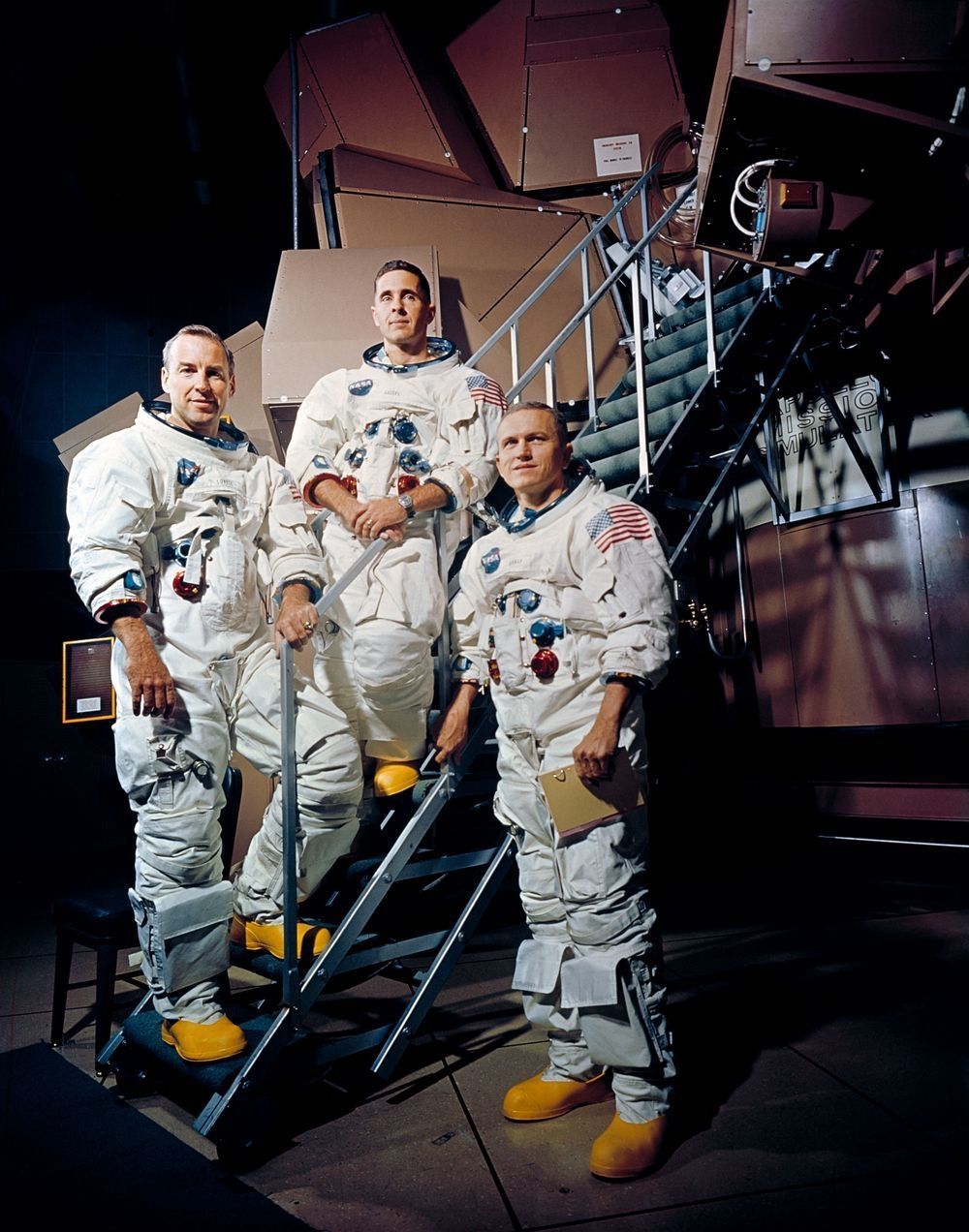
Muscle cars. Film cameras. Bell-bottoms. 8-tracks. It’s 1968. Astronauts Borman, Lovell and Anders get a call to cancel their holiday plans. By December, the three were suddenly farther away than any human had ever been from our home planet. Start your flashback here: https://go.nasa.gov/2Ey19dY

We can barely believe our eyes – this solar power plant floats in a man-made lake… over what was once a filthy coal mine. (via World Economic Forum)
